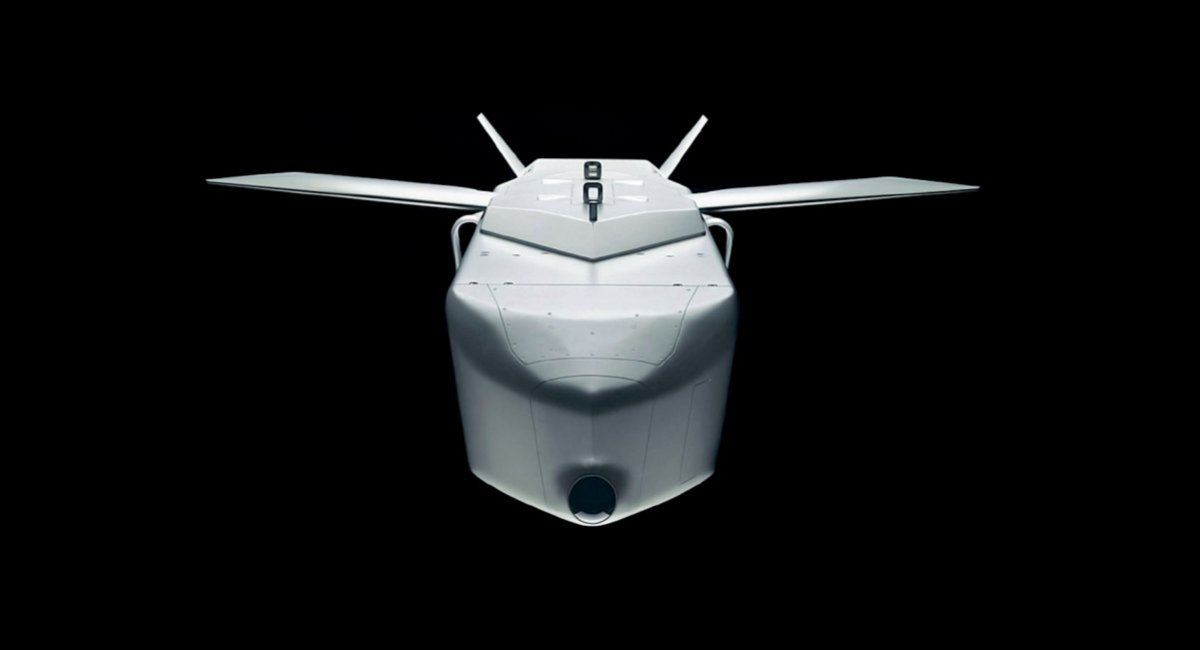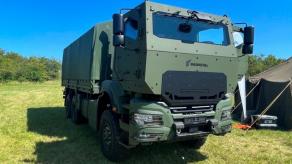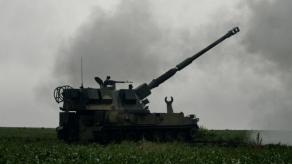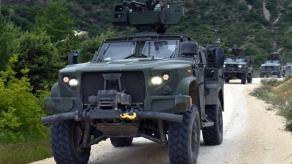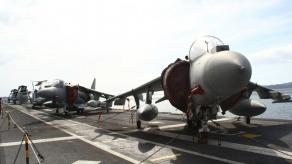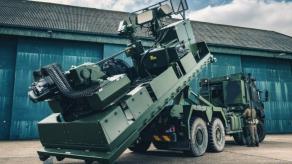The leaked audio recording of a conversation between German Inspector of Air Force, Ingo Gerhartz, with his subordinates discussing the transfer of Taurus missiles elicited shock in Berlin and satisfaction in Moscow. The main focus of the discussion was the theoretical ability of Taurus cruise missiles to destroy the Crimean bridge.
For russia, such discussions in itself were a reinforcement to the belief they are fighting with no one but NATO by waging their war on Ukraine, an idea pushed by Kremlin-controlled mass-media channels. The russian foreign affairs ministry already threatened that any "attempts to avoid providing answers would be perceived as admitting the guilt." At the same time, the German officials initiated an internal investigation.
Read more: When Will Germany Be Able to Supply Taurus Missiles to Ukraine? - Expert Opinion

Without diving into why a 30-minute-long conversation of a top-level military authority was compromised, as it allegedly happened through an insecure messenger during Gerhartz's trip to Singapore, let's focus on really important details. Details so well known to Moscow at this point that it decided to make them public.
As turns out from the conversation, the question of whether Ukraine will get the Taurus cruise missile, a similar weapon of German manufacture, and the delivery timeline hinges on the manufacturer's capacity for restoring the non-operational missiles, dusted in Bundeswehr's arsenals.
In the context of the talk, it seems Berlin is not willing to give any of its combat-ready missiles. The revitalization of the inoperative ones can take up to eight months.
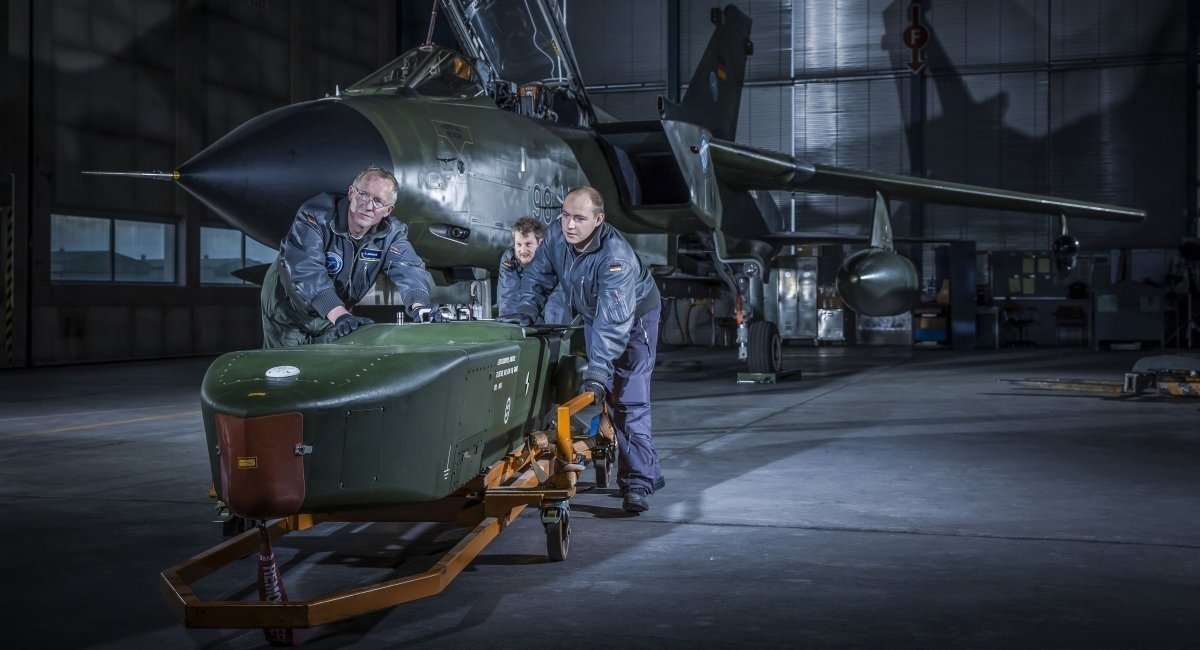
For a reminder, the Bundeswehr's entire long-range strike capability is only 150 Taurus missiles in working condition, and approximately 250 more require restoration and "reprogramming." Ukraine could get some 100 of those missiles, the intercepted talks reveal, in two tranches of 50 missiles each, or smaller batches of five missiles at a time.
Earlier MBDA, the manufacturer of Taurus, estimated that integration of Taurus with aircraft like the Su-24 or F-16 could take half a year. However, Ingo Gerhartz doubts it actually would take that long because the already adapted pylons used for launching Storm Shadow/SCALP would work just fine.
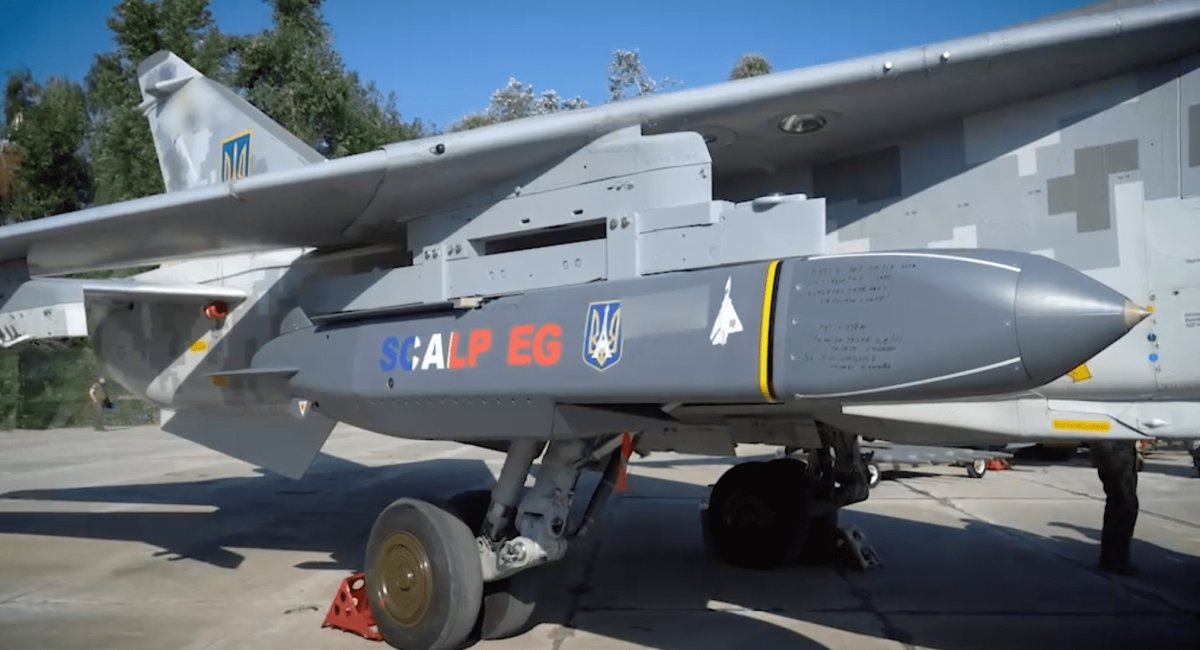
The German officials were also discussing exactly how to train the Ukrainian personnel and how to help them establish secure communication networks for strike operations, talked detailed flight routes which would take into account the placement of russian air defense systems, etc.
Regarding the Crimean Bridge, it was only mentioned in the discourse as a potential target. During the talk, officer Fenske from the Space Command Air Operations Center staff noted that "not 20 and not 30 missiles" are enough to destroy the bridge, while the maximum that the missiles can do is open up some holes in it.
In the opinion of the German high-ranking officer, spending cruise missiles that way would be a waste, the most effect it can achieve would be similar to what was done by GMLRS rockets to the Antonivskyi Bridge in summer 2022: repeated systematic strikes significantly reduced the capacity of equipment that can safely use it but in the end, the bridge did not fall apart completely under those strikes.
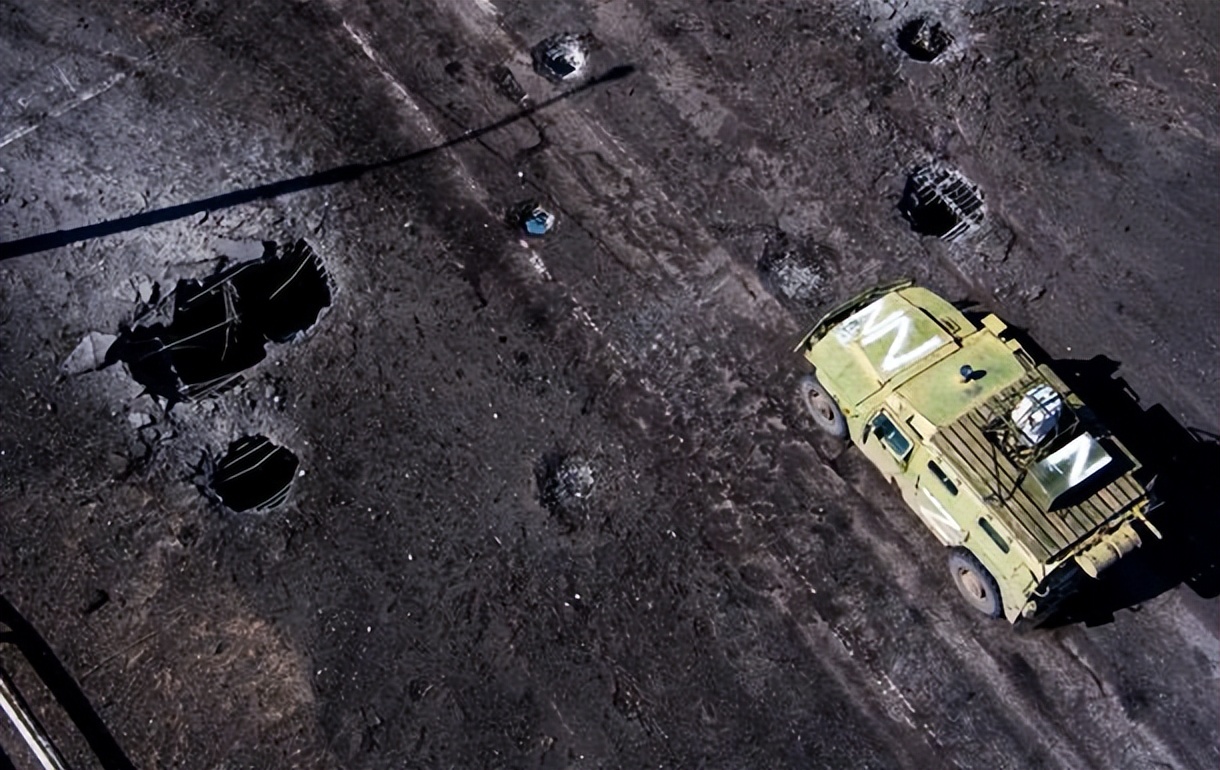
Also, launching dozens of missiles requires a sufficient number of decoys to disorient russian air defense. A hypothetical simultaneous attack with 40 missiles would need 20 aircraft to participate, even without decoy devices like MALD, plus the operation plan must take into account the possibility of some missiles being shot down in the process.
Notably, Bundeswehr's Inspector of Air Force for some reason responds to it with: "There is an opinion that the Taurus will succeed if the French fighter Dassault Rafale is used." Gerhartz did not explain the reasoning behind his statement, though.
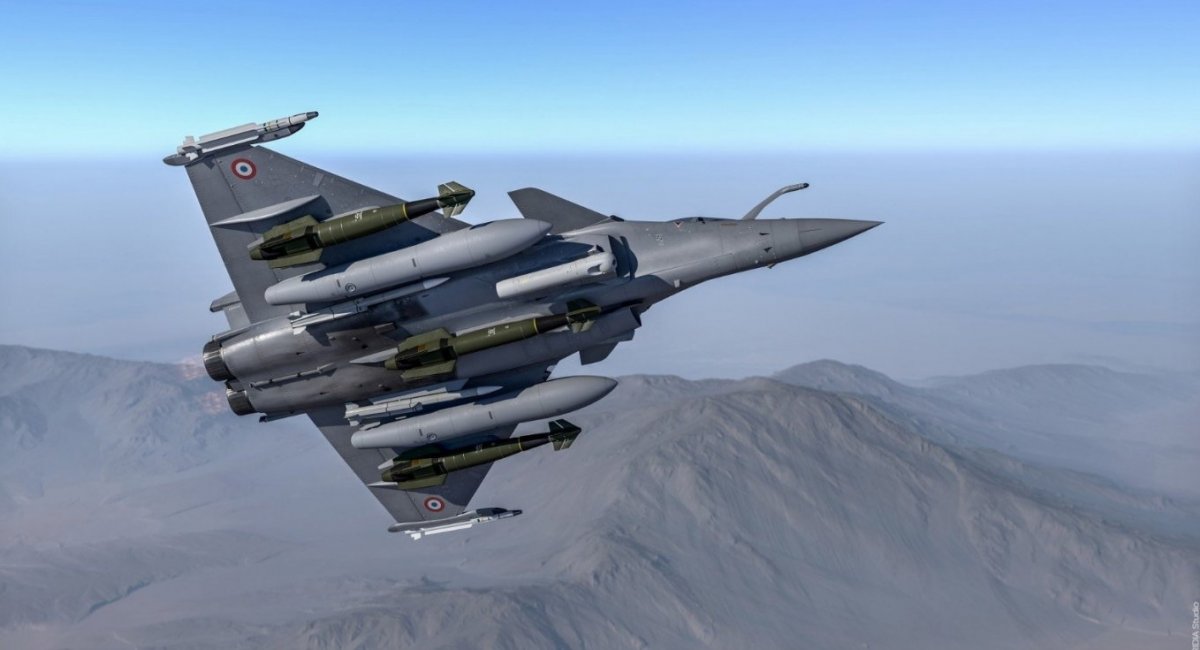
In conclusion, the prospects of Ukraine receiving Taurus are pessimistic: Germany lacks a coherent plan or funding for missile restoration, training Ukrainian specialists, or integrating Taurus with existing aircraft. Consequently, the deployment of German cruise missiles appears improbable in the near future, requiring months of preparation even after securing the political decision and associated funding.
Furthermore, the leak underscores Germany's counterintelligence failures which have become persistent: for example, in late 2022, a russian spy was exposed in the ranks of the German intelligence service, and another russian agent was detained the other day who worked as an assistant to a member of parliament from the Alternative for Germany political party.
Correction: the earlier version of this article contained information about Storm Shadow/SCALP cruise missiles being allegedly transported exclusively in Ridgeback armored vehicles, which turned out to be a translation mistake and is not true. Defense Express apologizes for the oversight. The mentioned part of the conversation described the method of inputting mission data into the missile.
Read more: Which Long-Range Weapons Can Germany Transfer If Not Taurus Missiles?



